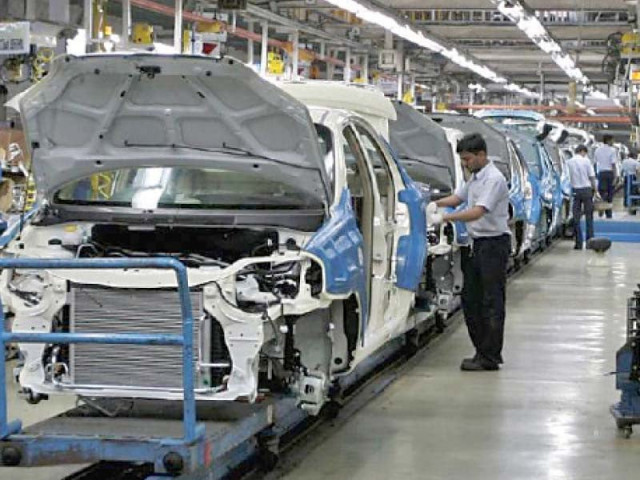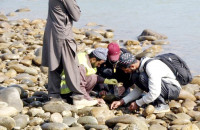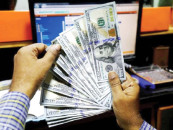Auto parts makers oppose IMF push for liberalisation
Emphasise need for sector-specific safeguards, fiscal transparency

The Pakistan Association of Automotive Parts & Accessories Manufacturers (Paapam) has expressed strong concern over the International Monetary Fund's (IMF) recent push for trade liberalisation, particularly the proposals for reduction in tariff protections and allowing commercial imports of used vehicles.
While supporting Pakistan's goals of economic efficiency and environmental sustainability, the association cautioned that those measures could undermine the domestic auto industry, threaten jobs and erode investor confidence.
"Trade liberalisation must not lead to deindustrialisation and fiscal leakage," remarked Paapam Chairman Usman Aslam Malik.
In a statement, the association warned that large-scale imports of used vehicles — often failing modern safety and emissions standards — could derail Pakistan's efforts to localise new energy vehicle (NEV) production. It called for clarity on how such imports align with national sustainability and industrial goals.
It also questioned whether liberalisation applies broadly across sectors or selectively targets the automotive industry. In case it is limited to vehicles, Paapam urged policymakers to explain the rationale and outline safeguards against market distortions.
The industry lobby flagged vulnerabilities in current import schemes, where vehicles brought in names of overseas Pakistanis were sold domestically, bypassing tax and regulatory oversight. Informal payment channels like Hundi facilitate capital flight and compromise fiscal transparency.
"We cannot afford to expand mechanisms that enable tax evasion," said Paapam Senior Vice Chairman Shehryar Qadir.
The association stressed that reduced tariff revenues and pressure on local manufacturers could result in significant job losses. It called for workforce skill rebuilding, incentives for domestic production and alternative revenue strategies to preserve sector-specific stability.
Citing global examples, Paapam emphasised a phased reform approach backed by safeguards, performance metrics and case studies from comparable economies. Abrupt liberalisation has destabilised emerging industries in the past.
"We remain committed to constructive dialogue," Malik added. "But reforms must reflect Pakistan's realities — not compromise its industrial future."























COMMENTS
Comments are moderated and generally will be posted if they are on-topic and not abusive.
For more information, please see our Comments FAQ